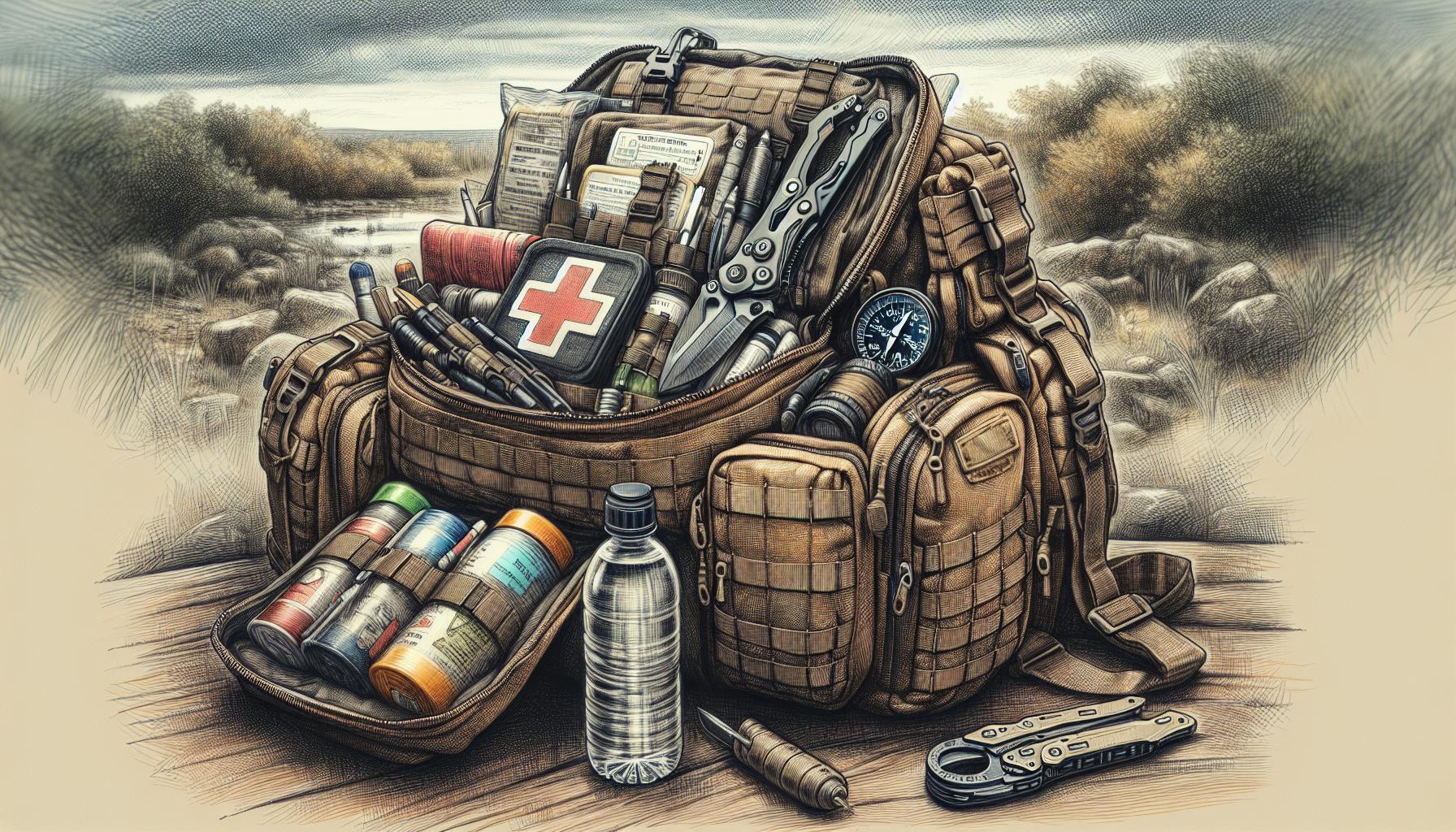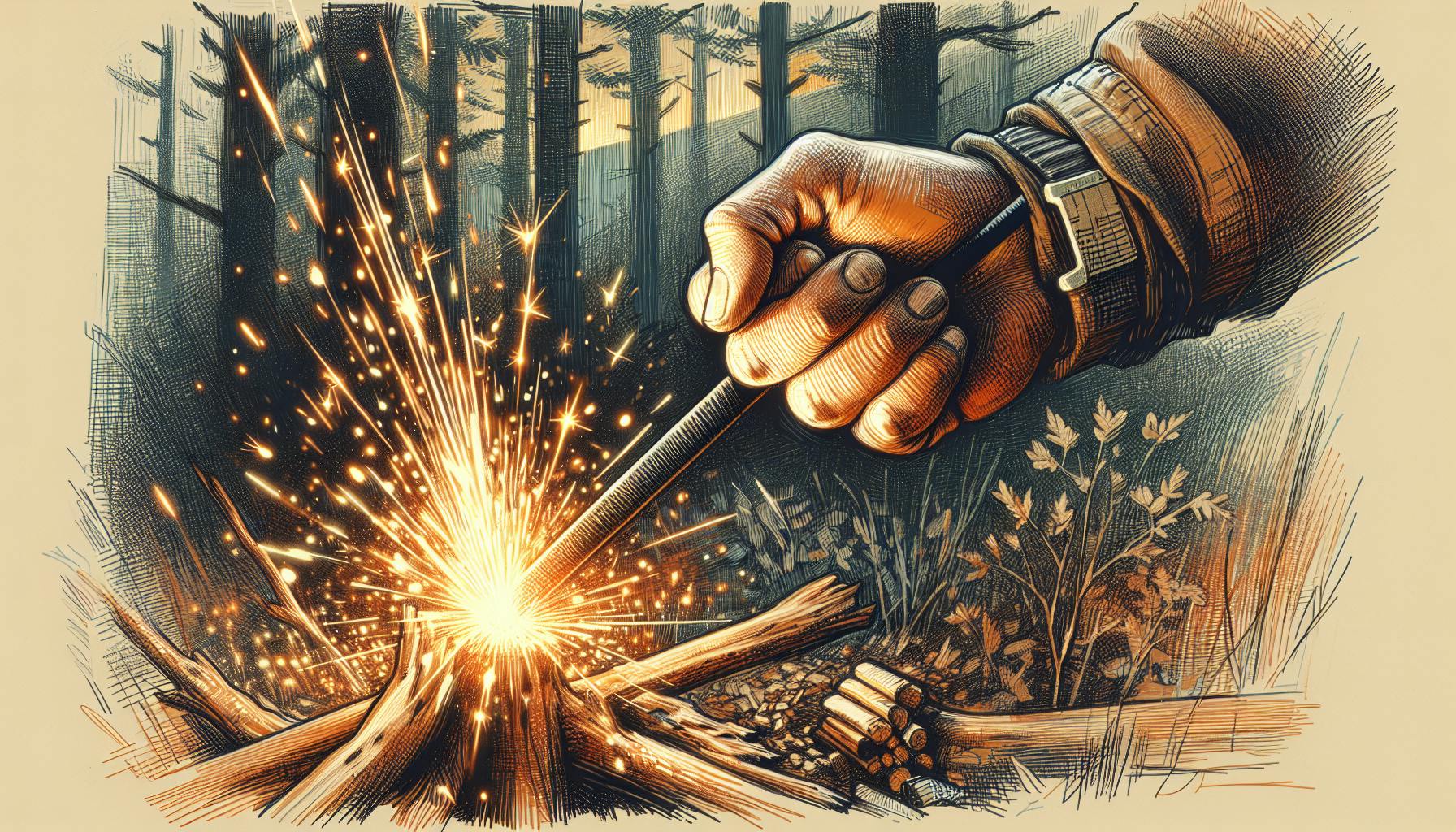Introduction
The Great Depression was a devastating period in history marked by economic turmoil and widespread poverty. At first glance, it seems unlikely that anyone could have gotten rich during this era. However, a small number of industries, entrepreneurs, and investors managed to capitalize on new opportunities that emerged and thrive despite the challenges.
Understanding how certain individuals and businesses prospered in the midst of the Great Depression provides unique insights into achieving financial success even during difficult times. The keys to their success were adaptability, innovation, and identifying emerging needs. This historical case study reveals counterintuitive lessons about maintaining an open mind, pivoting quickly, and taking calculated risks - strategies that can serve today's preppers and survivalists well when navigating economic instability.
Background on the Great Depression Economy
The Great Depression began with the massive stock market crash in late 1929, known as Black Tuesday. This triggered a sharp decline in overall economic activity that lasted over a decade. Unemployment skyrocketed to a peak of 25%, with over 15 million Americans left jobless. Thousands of businesses failed, and personal savings were lost as numerous banks collapsed. It was a period of widespread poverty and desperation.
In an effort to revive the economy, President Franklin D. Roosevelt implemented his sweeping New Deal policies. These work programs, financial reforms, and social assistance programs aimed to boost employment, stimulate growth, and provide aid to struggling families. However, the Depression still took a terrible toll and left much of the country impoverished.
Industries That Were Devastated
-
Farming - Falling crop prices and severe drought caused widespread farm foreclosures and rural poverty.
-
Manufacturing - Production fell sharply with weakened consumer demand and tight credit markets.
-
Construction - Home building and commercial projects were halted without financing and demand.
-
Retail - With high unemployment and low wages, few consumers could afford to shop as before.
-
Banking - Thousands of banks failed as panicked depositors withdrew funds and defaults rose.
Industries That Held Up Better
-
Food production such as bread and dairy remained essentials that people still purchased.
-
Entertainment provided an escape from everyday hardships with films and radio flourishing.
-
Basic services like shoe repair, laundry, and healthcare were still necessities for many.
-
Infrastructure projects like roads and dams were funded by New Deal stimulus programs.
-
Some luxury goods like alcohol and tobacco remained affordable vices for those with income.
How the Savvy Got Rich
Despite the widespread turmoil, some individuals and businesses prospered by adapting quickly and capitalizing on new opportunities.
Supermarkets, discount housedresses, board games, comic books, vitamins, and home canning supplies were among the booming new industries. Entrepreneurs like Bill Wilson, Juan Trippe, and S.N. Goldman built empires by innovating within their fields. Shrewd investors like Jesse Livermore and Joseph P. Kennedy made fortunes by exiting overvalued stocks early and acquiring distressed assets cheaply.
Their success offers counterintuitive lessons about achieving prosperity during periods of instability.
Booming New Industries
-
Supermarkets - Self-service food stores with lower prices like King Kullen and Ralph's saw growth during the Depression by passing savings to cash-strapped consumers.
-
Housedresses - Inexpensive, practical dresses for staying home became popular everyday items, with brands like Holly Hobby capitalizing on the trend.
-
Board Games - Low-cost entertainment like Monopoly, Scrabble, Yahtzee, and Bingo gained traction by providing distraction and fun.
-
Comic Books - Escapist fiction and superhero stories in Action Comics and Detective Comics attracted readers young and old.
-
Vitamins - Focus on health and nutrition boosted sales of supplements and vitamins from companies like Natrol.
-
Home Canning - With more people growing Victory Gardens, supplies for canning and preserving food boomed.
Innovative Entrepreneurs
-
Bill Wilson - Created Alcoholics Anonymous to support recovery during Prohibition and sobriety challenges in the Depression era.
-
Juan Trippe - Formed Pan Am and pioneered commercial transatlantic airline flights, capitalizing on new aviation technologies.
-
Dave Beck - Built up the Teamsters Union by recruiting unemployed workers, expanding membership nationwide.
-
William Hewlett - Co-founded Hewlett-Packard in a garage to make audio oscillators and electronic devices.
-
S.N. Goldman - Invented the shopping cart to facilitate purchases at his grocery chain Piggly Wiggly.
Savvy Investors
-
Jesse Livermore - Shorted overvalued stocks ahead of the 1929 crash and made $100 million betting against the bubble.
-
Bernard Baruch - Sold his stocks just before Black Tuesday and bought back in at bottom, maximizing returns.
-
Joseph P. Kennedy - Used insider contacts to exit stocks early then capitalized on distressed real estate assets bought cheaply.
-
John D. Rockefeller - Acquired struggling oil companies for pennies on the dollar to build his Standard Oil empire.
-
Benjamin Graham - Wrote influential investing books helping investors find undervalued stocks based on hard data.
Key Strategies for Success During Hard Times
The examples of success stories from the Great Depression era suggest several counterintuitive but effective strategies:
-
Adapt quickly to changing economic realities rather than relying on old ways.
-
Remain open-minded to new, unconventional business models and industries.
-
Leverage periods of turmoil to acquire distressed assets at bargain prices.
-
Focus on providing excellent value to economically-strapped consumers.
-
Keep operations lean and control costs while competitors are complacent.
-
Identify emerging needs and capitalize on new opportunities.
-
Innovate with new technologies, products, and business approaches.
-
Build networks and expand memberships by supporting people in need.
Lessons for Today's Preppers
The success strategies from the Great Depression offer insightful lessons for preppers navigating economic troubles today:
-
Stockpile supplies - Take advantage of sales and discounts to stock up on essentials like food, water, medical supplies.
-
Learn useful skills - Use downtime to gain DIY, gardening, repair and other practical skills.
-
Buy discounted assets - Consider investing in undervalued real estate, equipment and other assets.
-
Become more self-sufficient - Reduce reliance on systems vulnerable to economic shocks.
-
Diversify income streams - Develop multiple income sources and side hustles.
-
Innovate and adapt - Find creative ways to generate income via new services, products or approaches.
-
Build community - Form trusted networks for bartering goods and services locally.
-
Focus on value - Provide excellent practical solutions people need at reasonable costs.
Conclusion
While the Great Depression devastated many industries, some clever individuals and businesses managed to prosper by adapting quickly, innovating, and capitalizing on new opportunities. Their success stories provide powerful, counterintuitive lessons about achieving financial security even in the midst of economic turmoil. With flexibility, fiscal prudence, and a willingness to take smart risks - strategies that served savvy entrepreneurs and investors well in the 1930s - today's preppers can also uncover unique opportunities for self-reliance and prosperity during challenging times. Though widespread hardship can arise from economic downturns, looking to historical examples of survival and ingenuity can provide blueprints for getting through and even thriving no matter the external conditions.


